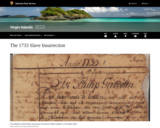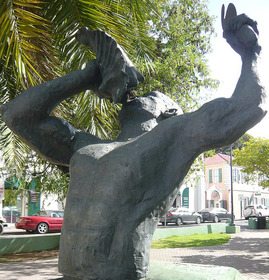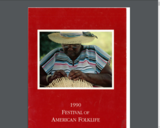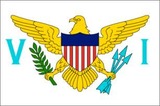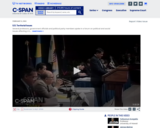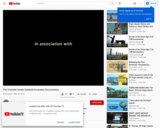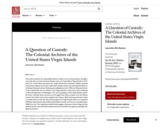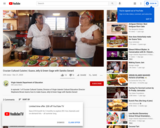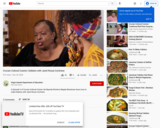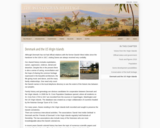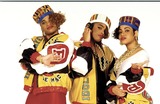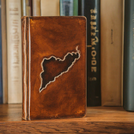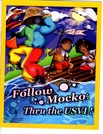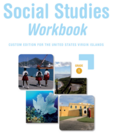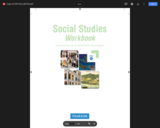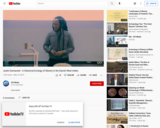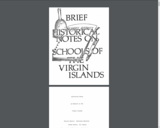A Historical Ecology of Slavery in the Danish WThis lecture by Justin Dunnavant at UC Santa Cruz focuses on the intersection of historical ecology and slavery in the Danish West Indies. He delves into various aspects, including the impact of the slave trade globally, archaeological methods for studying slave shipwrecks, and the ongoing relevance of archaeology in contemporary communities.
The key takeaway from this lecture is a deeper understanding of how the slave trade influenced global ecosystems and societies, particularly through the lens of historical ecology. Dunnavant emphasizes the critical role of archaeology in uncovering the material histories of enslaved peoples and how these insights can guide contemporary cultural and environmental preservation.
Pre-Watch Preparation
Contextual Background: Provide students with a background on the Danish West Indies, the transatlantic slave trade, and basic principles of archaeology and ecology. This could be in the form of a short reading assignment or a classroom lecture.
Key Vocabulary: Introduce key terms and concepts that will appear in the video, such as "historical ecology," "maritime archaeology," and "sustainable archaeology," to ensure students are not bogged down by unfamiliar terminology.
Justin Dunnavant begins the lecture by outlining his research focus on the historical ecology of slavery in the Danish West Indies, emphasizing the integration of archaeological methods with ecological awareness.
He introduces the significance of the transatlantic slave trade in shaping the economic and cultural landscapes of the Virgin Islands, with particular attention to the archaeological evidence from shipwrecks.
Dunnavant discusses his work at the Estate Little Princess, a former Danish plantation on St. Croix, describing the artifacts found and their cultural implications.
The lecture highlights the environmental impacts of slavery, such as deforestation and landscape modification, which were integral to the plantation economy.
The role of community involvement in archaeological practice is underscored, promoting an inclusive approach to studying and preserving history.
Dunnavant presents a case for sustainable archaeology that respects both cultural heritage and the natural environment, aiming to mitigate the impacts of archaeological activities.
The talk concludes with a discussion on the importance of continued research and education to further explore the complex legacies of slavery in the Caribbean.
